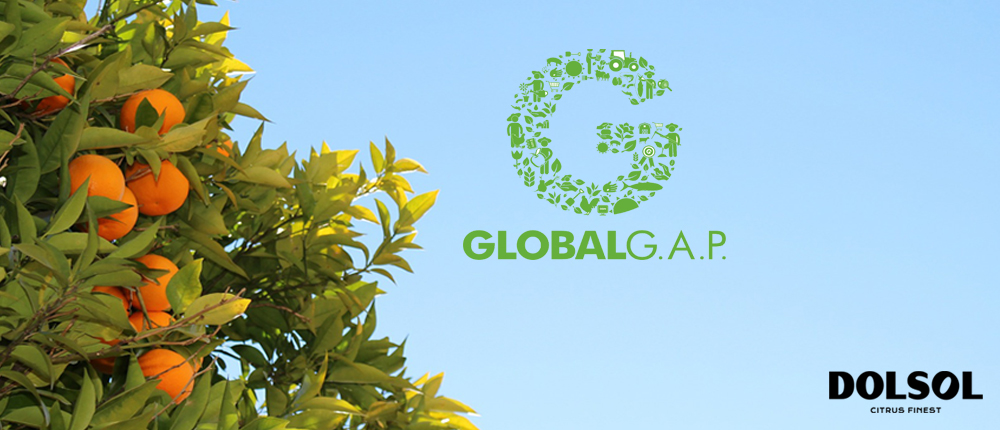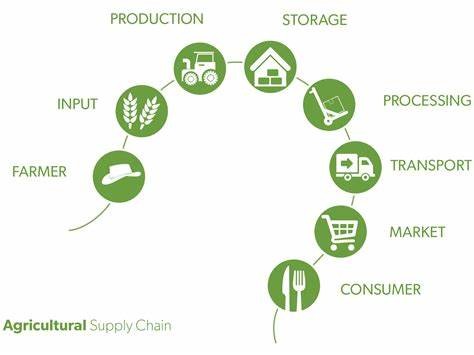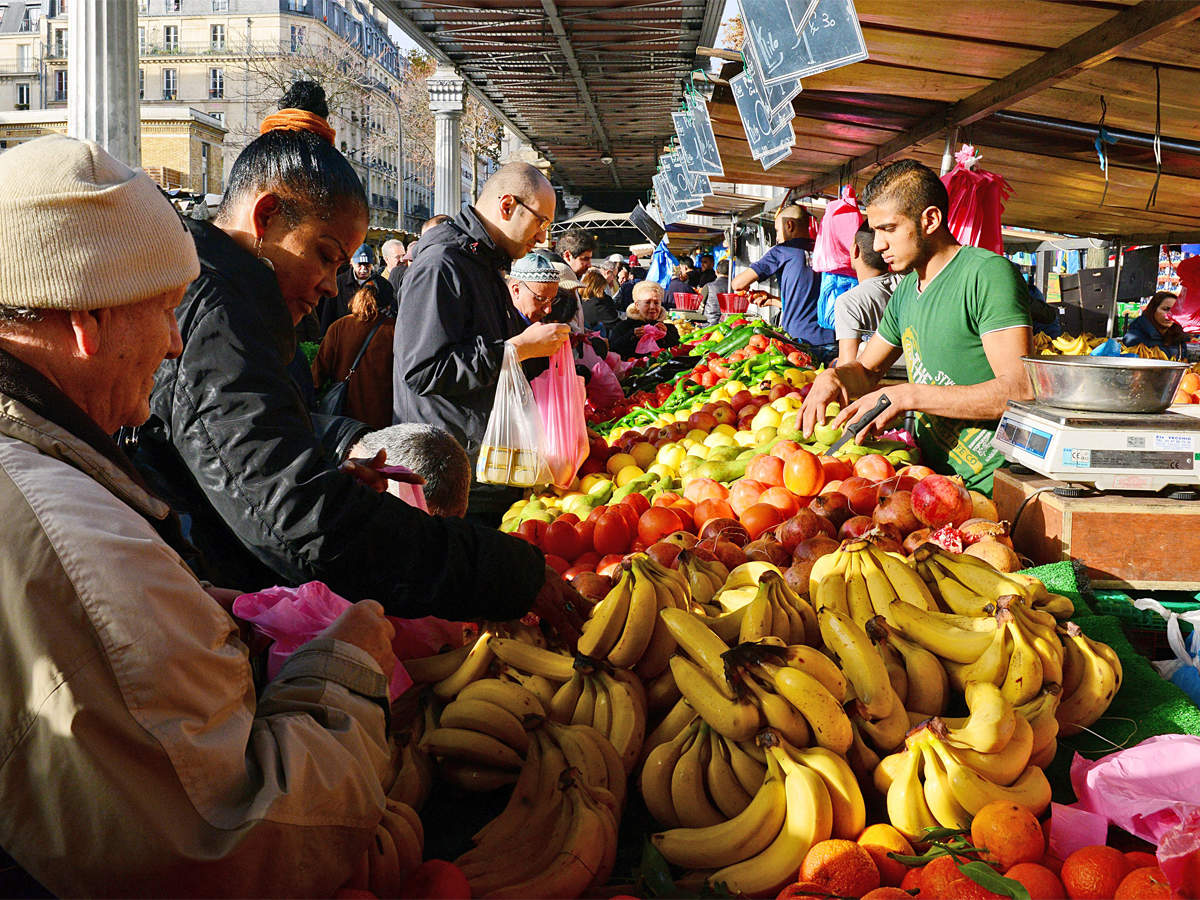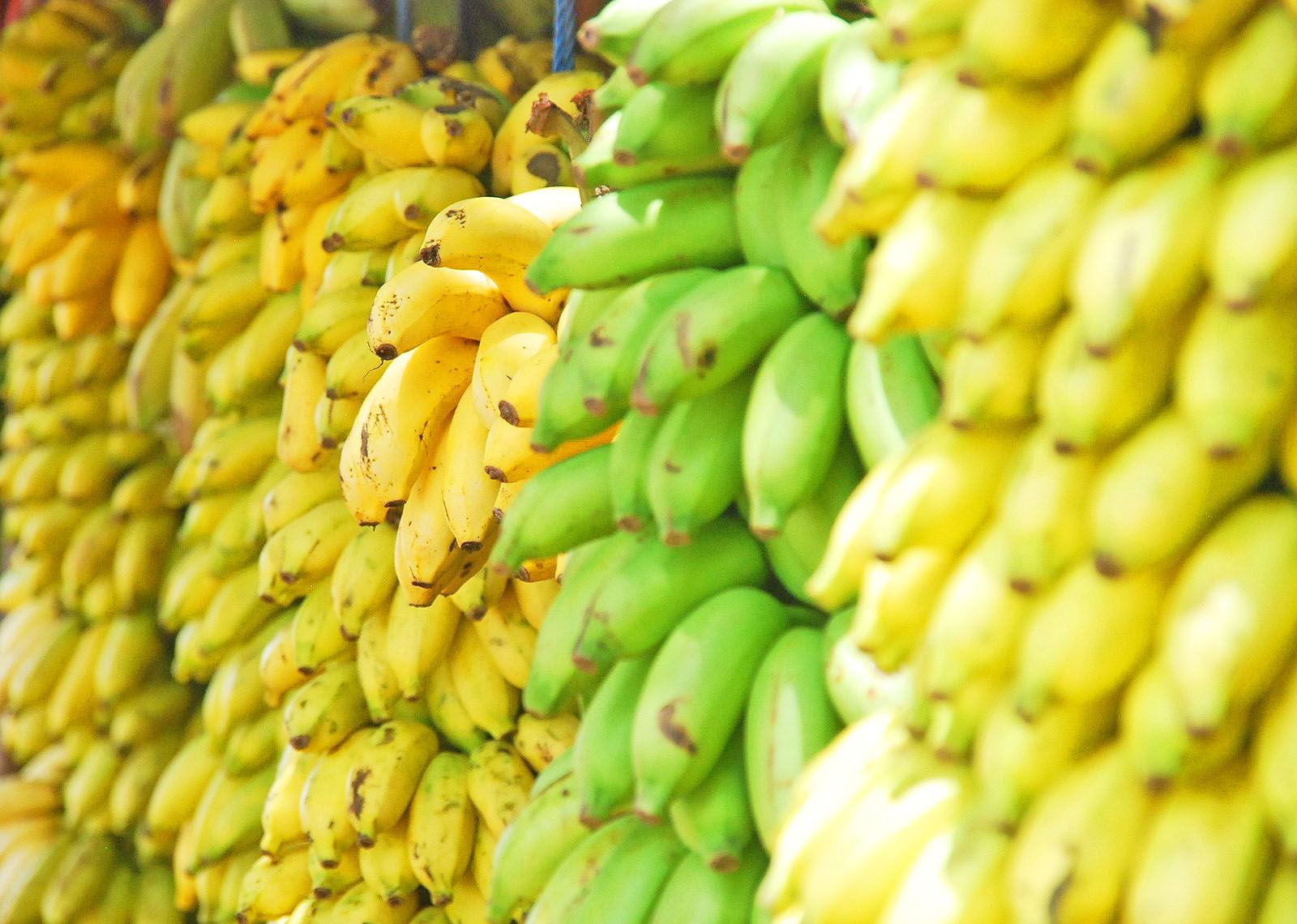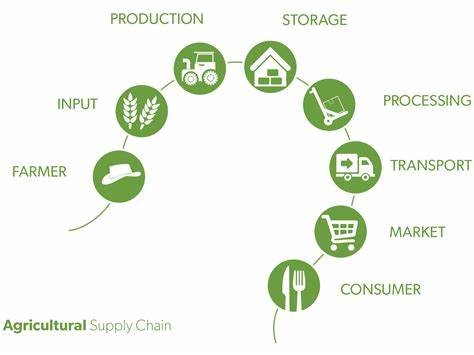 News
, Technology
, Business
, Other
News
, Technology
, Business
, Other
Unlocking the puzzle of trading Fresh Produce via Marketplaces.
The unlocking of the buzzle of marketplaces in fresh produce industry starts with the understanding of the nature of the supply chain in the fresh produce industry. A supply chain is an entire system of producing and delivering a product or service, from the very beginning stage of sourcing the raw materials to the final delivery of the product or service to end-users.
currently, the effective supply chains work like solid bridges that have a process owner who manage the product from the farm to destination market. Small farmers are not able to handle all the way in this bridge. Thus, large companies started to master the process from the source to final markets. Small entities like small traders , farmers and small shipping companies are not able to serve all the way independently in the bridge. They need a maestro who can orchestrate all the process.
The lack of trust in cross border trading of fresh produce have created a need to master the supply chain from the beginning to end. Since 2008 financial crises many stakeholders in the supply chain were not able to commit their role in the supply chain. Even banks were not able to secure the quality and payment terms of the cross border trading of fresh produce. This is due to the fact that banks do not check or supervise the process. Their role is limited to check documents. In many cases these documents does not reflect the facts or the terms agreed on. Moreover, their is no solid network to prevent any manipulation of documents, communication or transfer of assets.
As a result of lacking mechanism to secure the rights of stakeholders in the supply chain, the international market of fresh produce have shifted from credit bases to advanced payments. This mean you can not get your Medjool Dates from Jordan without advanced payment. This issue have put an eye of the coming risks in the ecosystem that is prevailed with perishability, mistrust and Freud.
within the current system , the selling process start from the ends of the bridge. Mainly, solid buyer start to build their own bridges to the source. They might have their own cold storages, shipping companies and their own farms. Large farms go beyond production and travel to destination markets and establish their distribution offices.
Food supply chain now is mastered by key large companies, large farms or key aggregators who are influential in their local and international markets. This power is needed to control the process from the production to the destination. This requires capacity to integrate all stakeholders under one influencing company.
That's why the virtual market places in fresh produce will not work if they did not consider the nature of the supply chain , and the nature of the procurement process. The trend is that brokers and small players are getting out of the market for the benefits of bridge lords " process owners".
Any producers who want to sell their products will start thinking how to market and distribute his production. The producer will travel to destination country and study all logistic issues in the destiny and go back to his source. The cross border trading virtual market places need to go beyond networking sellers and buyers. They need to provide technologies that enable mastering the supply chain processes. A trade tech solution that integrate all stakeholders will be essential to maser such process.
Linking exporters and importers is not enough, market places and technology innovation should take the role in reducing the risks , mastering the process , and reduce the time , effort and loss from inefficient process that increase the costs of the final product.
 English
English 

